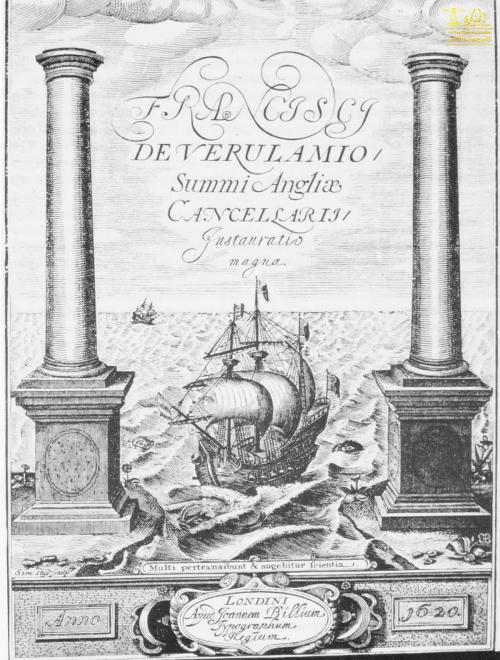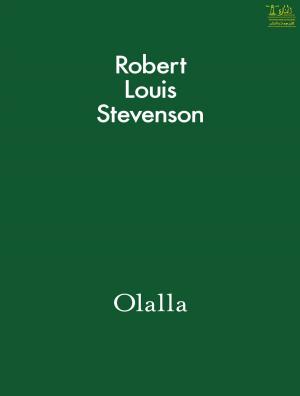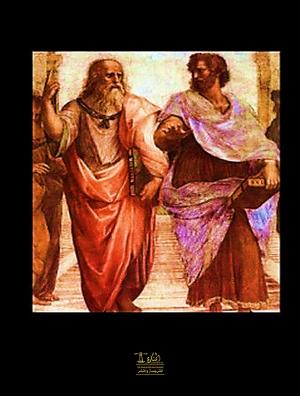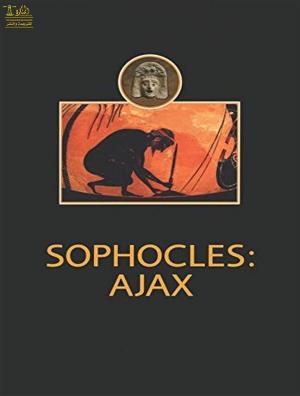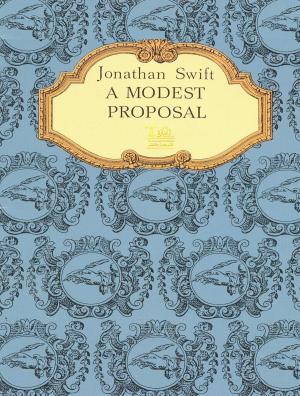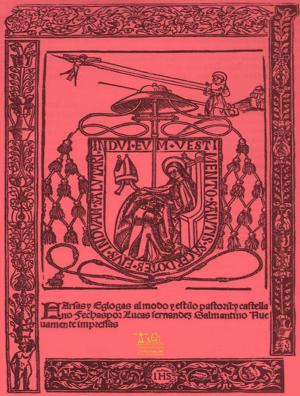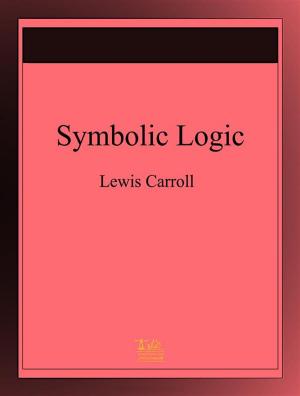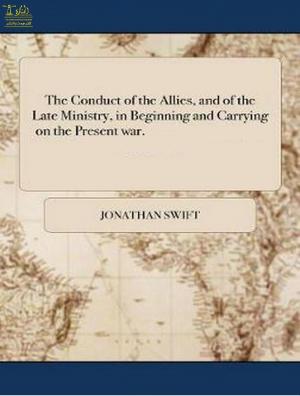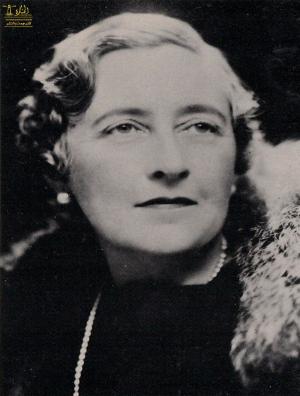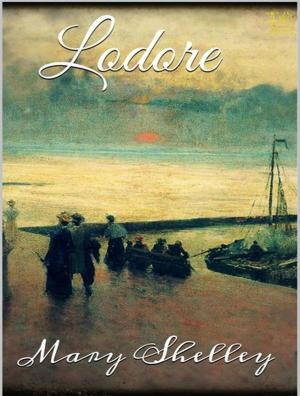The New Organon or True Directions concerning the interpretation of Nature
Nonfiction, Entertainment, Drama, Anthologies, Fiction & Literature, Literary Theory & Criticism| Author: | Francis Bacon | ISBN: | 9780599448629 |
| Publisher: | Lighthouse Books for Translation Publishing | Publication: | July 14, 2019 |
| Imprint: | Lighthouse Books for Translation and Publishing | Language: | English |
| Author: | Francis Bacon |
| ISBN: | 9780599448629 |
| Publisher: | Lighthouse Books for Translation Publishing |
| Publication: | July 14, 2019 |
| Imprint: | Lighthouse Books for Translation and Publishing |
| Language: | English |
The Novum Organum, fully Novum Organum, sive indicia vera de Interpretationes Naturae, is a philosophical work by Francis Bacon, written in Latin and published in 1620. The title is a reference to Aristotle's work Organon, which was his treatise on logic and syllogism.
Francis Bacon, in full Francis Bacon, Viscount Saint Alban, also called (1603–18) Sir Francis Bacon, (born January 22, 1561, York House, London, England—died April 9, 1626, London), lord chancellor of England (1618–21). A lawyer, statesman, philosopher, and master of the English tongue, he is remembered in literary terms for the sharp worldly wisdom of a few dozen essays; by students of constitutional history for his power as a speaker in Parliament and in famous trials and as James I’s lord chancellor; and intellectually as a man who claimed all knowledge as his province and, after a magisterial survey, urgently advocated new ways by which man might establish a legitimate command over nature for the relief of his estate.
Bacon was born January 22, 1561, at York House off the Strand, London, the younger of the two sons of the lord keeper, Sir Nicholas Bacon, by his second marriage. Nicholas Bacon, born in comparatively humble circumstances, had risen to become lord keeper of the great seal. Francis’ cousin through his mother was Robert Cecil, later earl of Salisbury and chief minister of the crown at the end of Elizabeth I’s reign and the beginning of James I’s. From 1573 to 1575 Bacon was educated at Trinity College, Cambridge, but his weak constitution caused him to suffer ill health there. His distaste for what he termed “unfruitful” Aristotelian philosophy began at Cambridge. From 1576 to 1579 Bacon was in France as a member of the English ambassador’s suite. He was recalled abruptly after the sudden death of his father, who left him relatively little money. Bacon remained financially embarrassed virtually until his death.
In 1576 Bacon had been admitted as an “ancient” (senior governor) of Gray’s Inn, one of the four Inns of Court that served as institutions for legal education, in London. In 1579 he took up residence there and after becoming a barrister in 1582 progressed in time through the posts of reader (lecturer at the Inn), bencher (senior member of the Inn), and queen’s (from 1603 king’s) counsel extraordinary to those of solicitor general and attorney general. Even as successful a legal career as this, however, did not satisfy his political and philosophical ambitions.
Bacon occupied himself with the tract “Temporis Partus Maximus” (“The Greatest Part of Time”) in 1582; it has not survived. In 1584 he sat as member of Parliament for Melcombe Regis in Dorset and subsequently represented Taunton, Liverpool, the County of Middlesex, Southampton, Ipswich, and the University of Cambridge. In 1589 a “Letter of Advice” to the queen and An Advertisement Touching the Controversies of the Church of England indicated his political interests and showed a fair promise of political potential by reason of their levelheadedness and disposition to reconcile. In 1593 came a setback to his political hopes: he took a stand objecting to the government’s intensified demand for subsidies to help meet the expenses of the war against Spain. Elizabeth took offense, and Bacon was in disgrace during several critical years when there were chances for legal advancement.
The Novum Organum, fully Novum Organum, sive indicia vera de Interpretationes Naturae, is a philosophical work by Francis Bacon, written in Latin and published in 1620. The title is a reference to Aristotle's work Organon, which was his treatise on logic and syllogism.
Francis Bacon, in full Francis Bacon, Viscount Saint Alban, also called (1603–18) Sir Francis Bacon, (born January 22, 1561, York House, London, England—died April 9, 1626, London), lord chancellor of England (1618–21). A lawyer, statesman, philosopher, and master of the English tongue, he is remembered in literary terms for the sharp worldly wisdom of a few dozen essays; by students of constitutional history for his power as a speaker in Parliament and in famous trials and as James I’s lord chancellor; and intellectually as a man who claimed all knowledge as his province and, after a magisterial survey, urgently advocated new ways by which man might establish a legitimate command over nature for the relief of his estate.
Bacon was born January 22, 1561, at York House off the Strand, London, the younger of the two sons of the lord keeper, Sir Nicholas Bacon, by his second marriage. Nicholas Bacon, born in comparatively humble circumstances, had risen to become lord keeper of the great seal. Francis’ cousin through his mother was Robert Cecil, later earl of Salisbury and chief minister of the crown at the end of Elizabeth I’s reign and the beginning of James I’s. From 1573 to 1575 Bacon was educated at Trinity College, Cambridge, but his weak constitution caused him to suffer ill health there. His distaste for what he termed “unfruitful” Aristotelian philosophy began at Cambridge. From 1576 to 1579 Bacon was in France as a member of the English ambassador’s suite. He was recalled abruptly after the sudden death of his father, who left him relatively little money. Bacon remained financially embarrassed virtually until his death.
In 1576 Bacon had been admitted as an “ancient” (senior governor) of Gray’s Inn, one of the four Inns of Court that served as institutions for legal education, in London. In 1579 he took up residence there and after becoming a barrister in 1582 progressed in time through the posts of reader (lecturer at the Inn), bencher (senior member of the Inn), and queen’s (from 1603 king’s) counsel extraordinary to those of solicitor general and attorney general. Even as successful a legal career as this, however, did not satisfy his political and philosophical ambitions.
Bacon occupied himself with the tract “Temporis Partus Maximus” (“The Greatest Part of Time”) in 1582; it has not survived. In 1584 he sat as member of Parliament for Melcombe Regis in Dorset and subsequently represented Taunton, Liverpool, the County of Middlesex, Southampton, Ipswich, and the University of Cambridge. In 1589 a “Letter of Advice” to the queen and An Advertisement Touching the Controversies of the Church of England indicated his political interests and showed a fair promise of political potential by reason of their levelheadedness and disposition to reconcile. In 1593 came a setback to his political hopes: he took a stand objecting to the government’s intensified demand for subsidies to help meet the expenses of the war against Spain. Elizabeth took offense, and Bacon was in disgrace during several critical years when there were chances for legal advancement.
